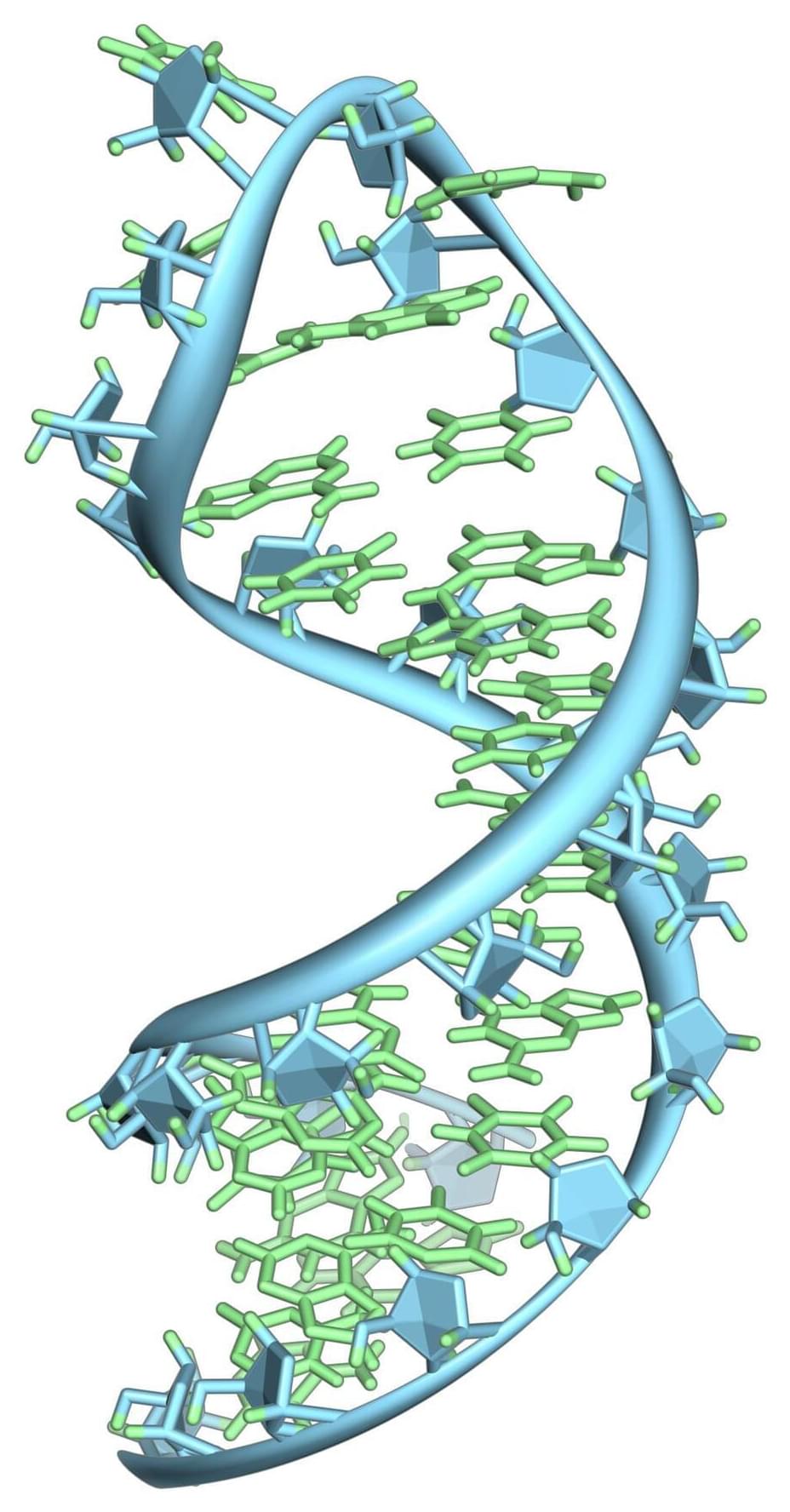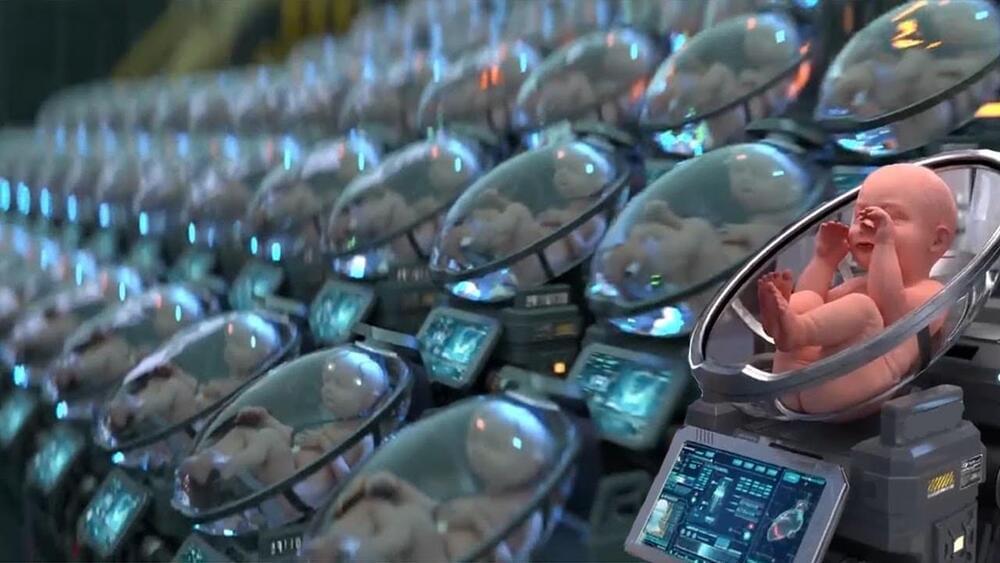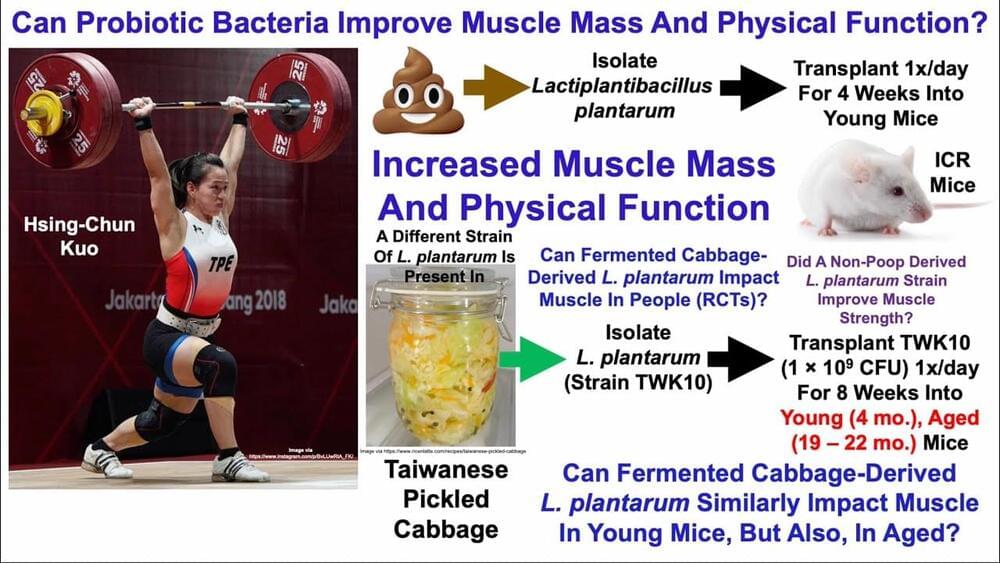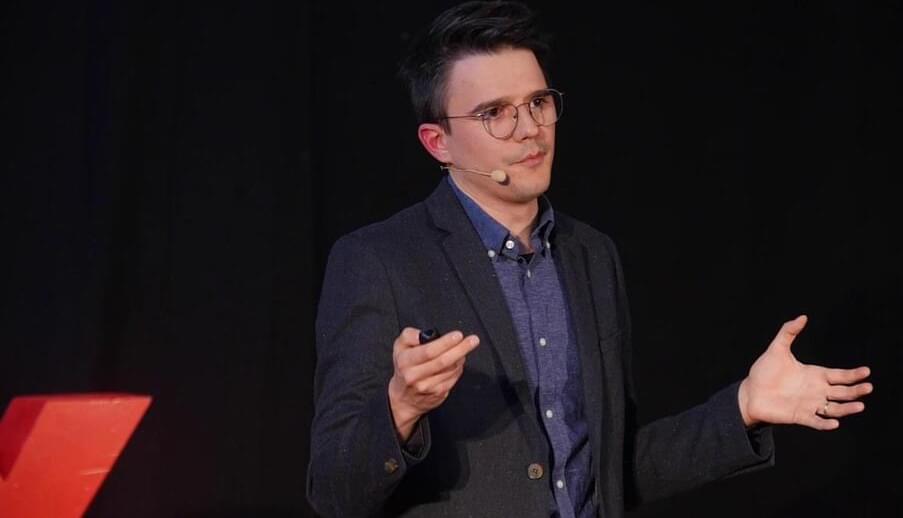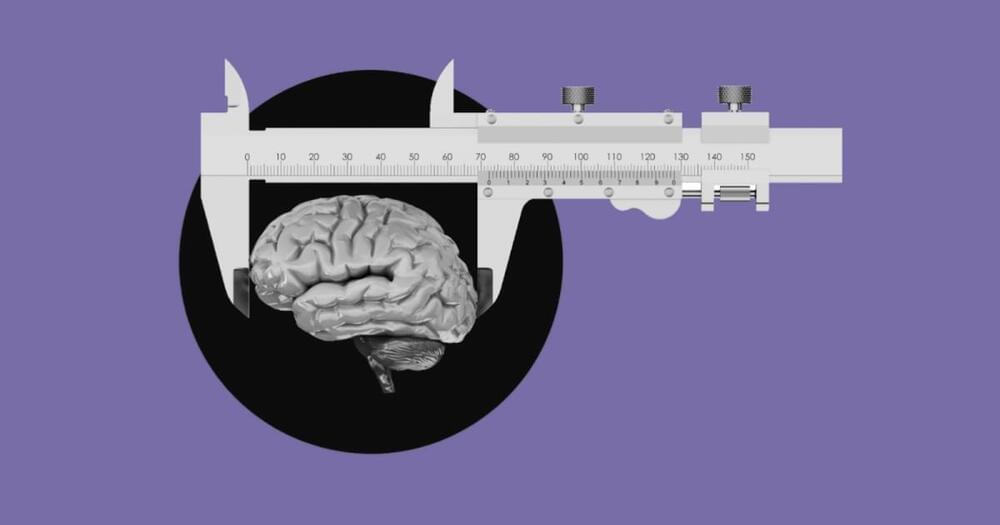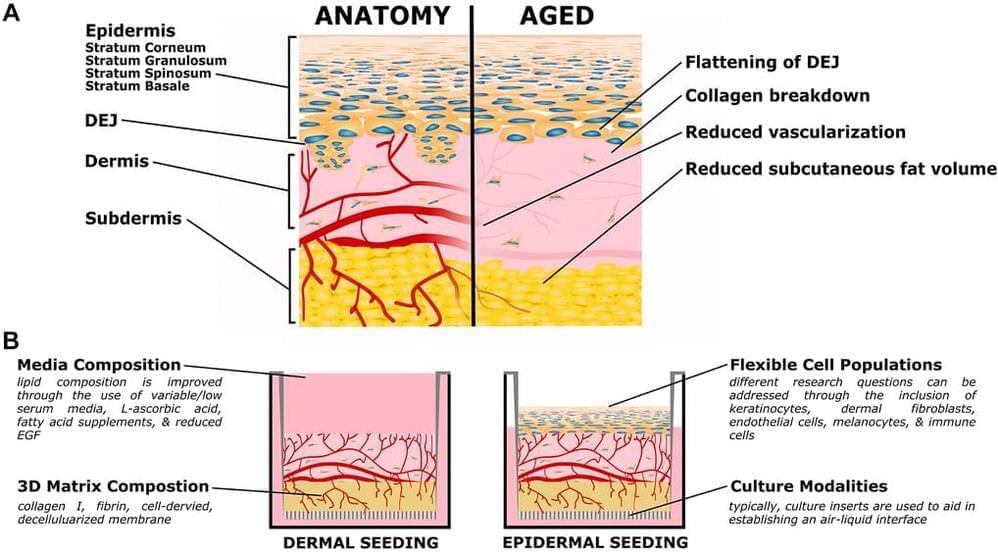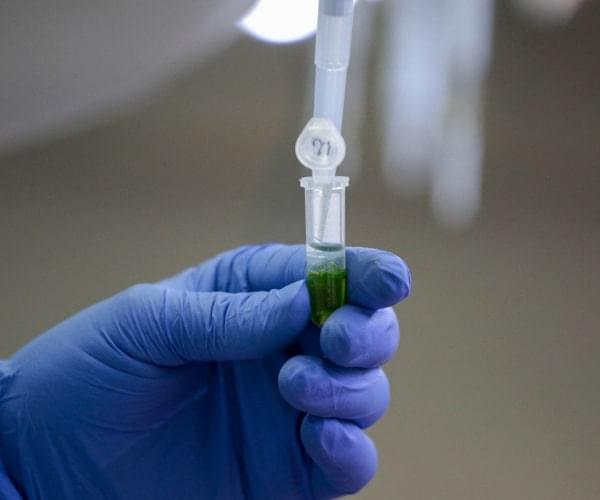Dec 20, 2022
Scientists found previously unknown genes that show humans are still evolving
Posted by Shubham Ghosh Roy in categories: biotech/medical, genetics, life extension, neuroscience
But even junk has hidden treasures. Studies found variations in these unsequenced regions were intricately involved in human health, from aging to conditions like cancer and developmental disorders like autism. In 2022, a landmark study finally resolved the genomic unknown, completely sequencing the remaining eight percent of undeciphered DNA remaining.
Now, scientists are discovering that some genetic sequences encode proteins that lack any obvious ancestors, what geneticists call orphan genes. Some of these orphan genes, the researchers surmise, arose spontaneously as we evolved, unlike others that we inherited from our primate ancestors. In a paper published Tuesday in the journal Cell Reports, researchers in Ireland and Greece found around 155 of these smaller versions of DNA sequences called open reading frames (or ORF) make microproteins potentially important to a healthy cell’s growth or connected to an assortment of ailments like muscular dystrophy and retinitis pigmentosa, a rare genetic disease affecting the eyes.
“This is, I think, the first study looking at the specific evolutionary origins of these small ORFs and their microproteins,” Nikolaos Vakirlis, a scientist at the Biomedical Sciences Research Center “Alexander Fleming” in Greece and first author of the paper, tells Inverse. It’s an origin, he says, that’s been mired in much question and mystery.

